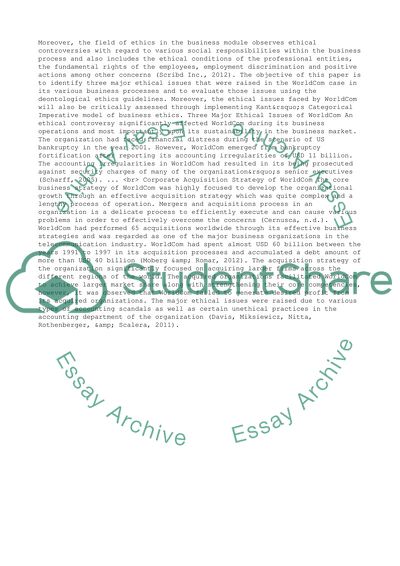Cite this document
(“Business Ethics and Deontology Essay Example | Topics and Well Written Essays - 1750 words”, n.d.)
Business Ethics and Deontology Essay Example | Topics and Well Written Essays - 1750 words. Retrieved from https://studentshare.org/business/1458743-mod
Business Ethics and Deontology Essay Example | Topics and Well Written Essays - 1750 words. Retrieved from https://studentshare.org/business/1458743-mod
(Business Ethics and Deontology Essay Example | Topics and Well Written Essays - 1750 Words)
Business Ethics and Deontology Essay Example | Topics and Well Written Essays - 1750 Words. https://studentshare.org/business/1458743-mod.
Business Ethics and Deontology Essay Example | Topics and Well Written Essays - 1750 Words. https://studentshare.org/business/1458743-mod.
“Business Ethics and Deontology Essay Example | Topics and Well Written Essays - 1750 Words”, n.d. https://studentshare.org/business/1458743-mod.


